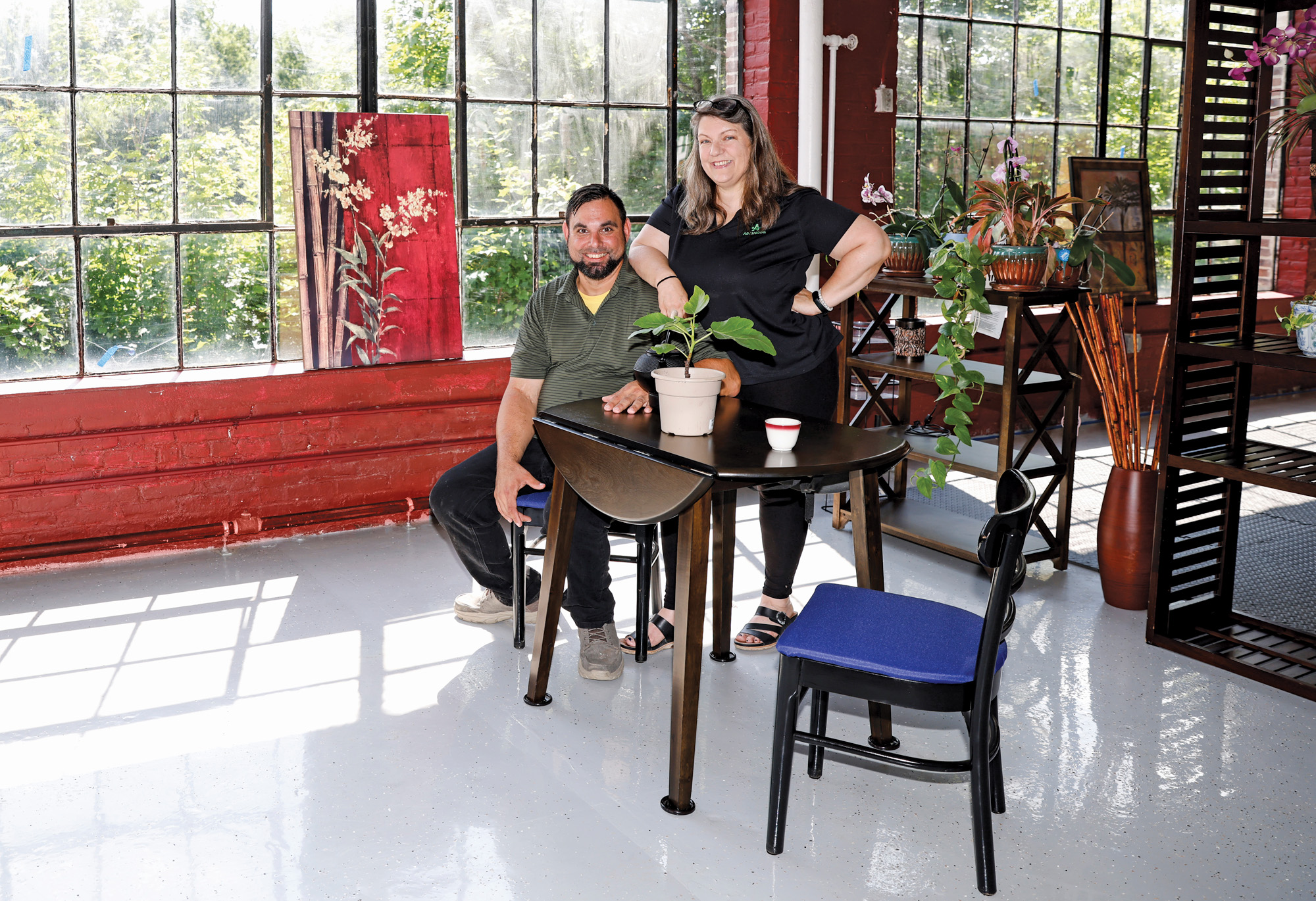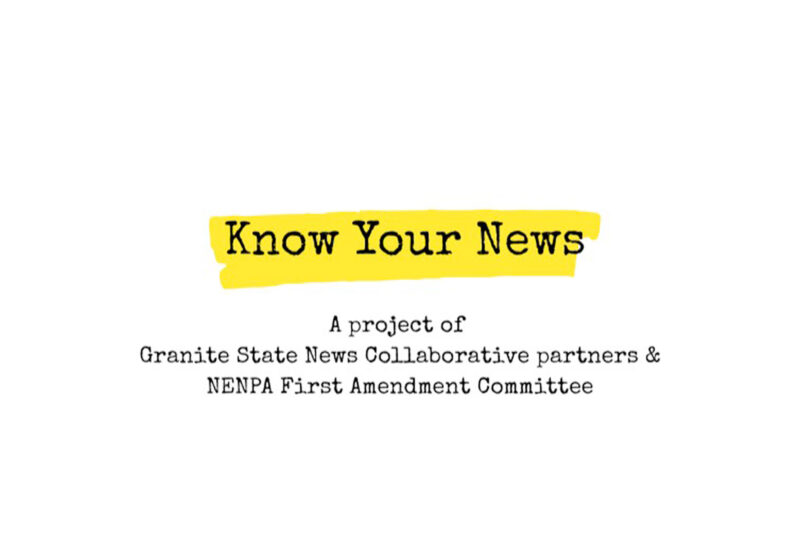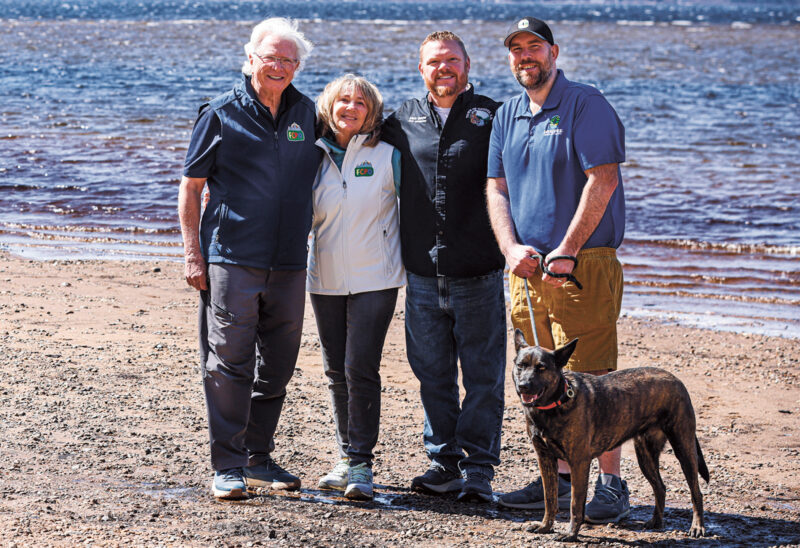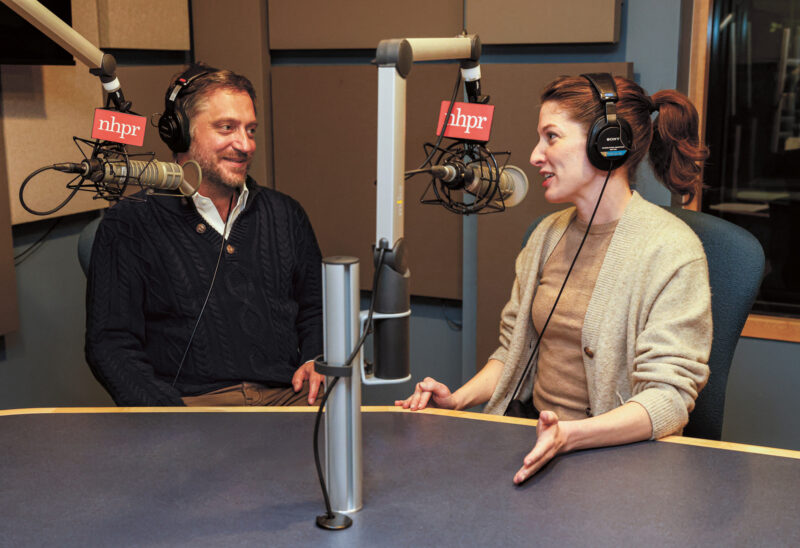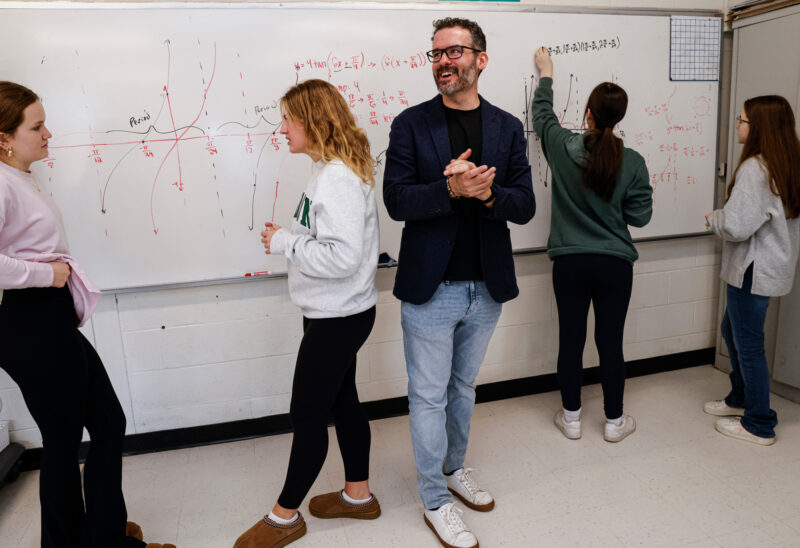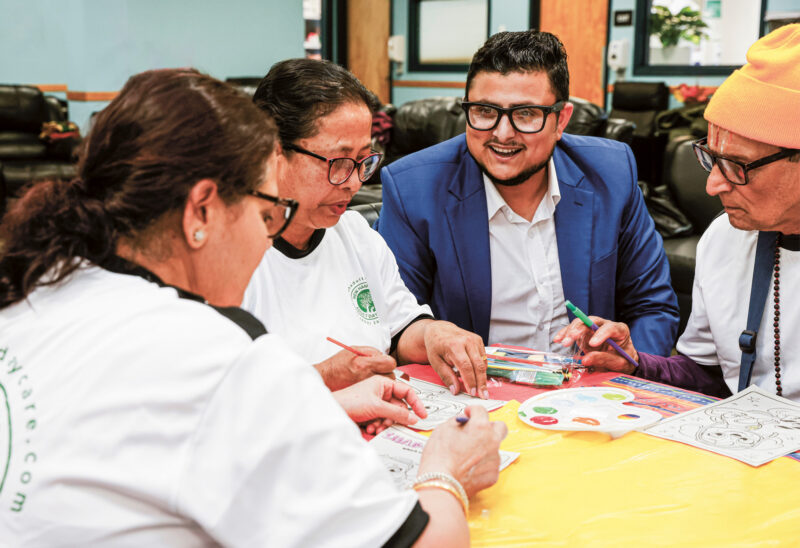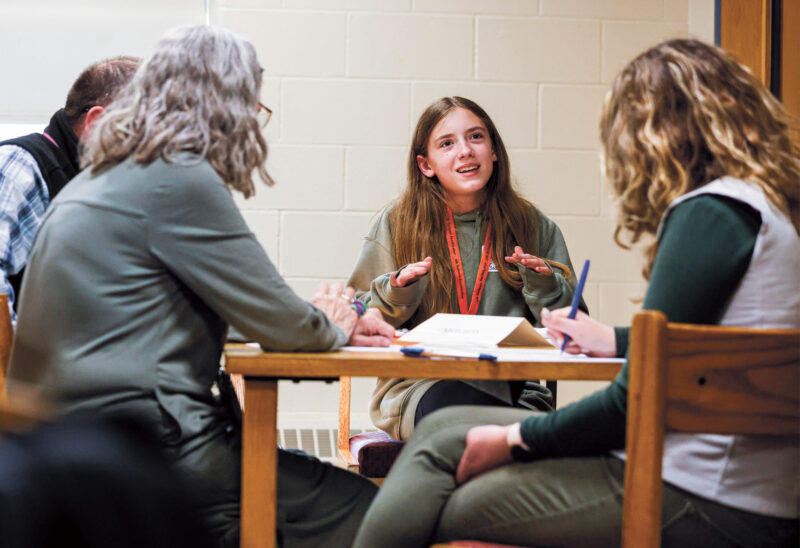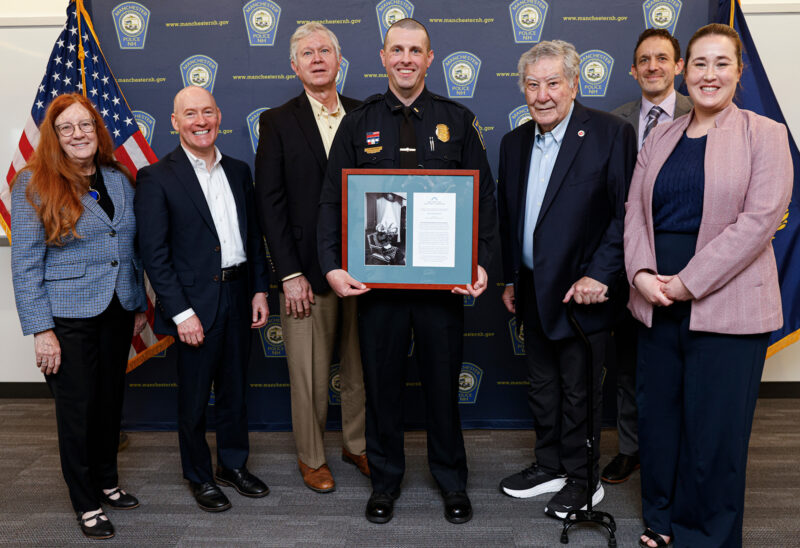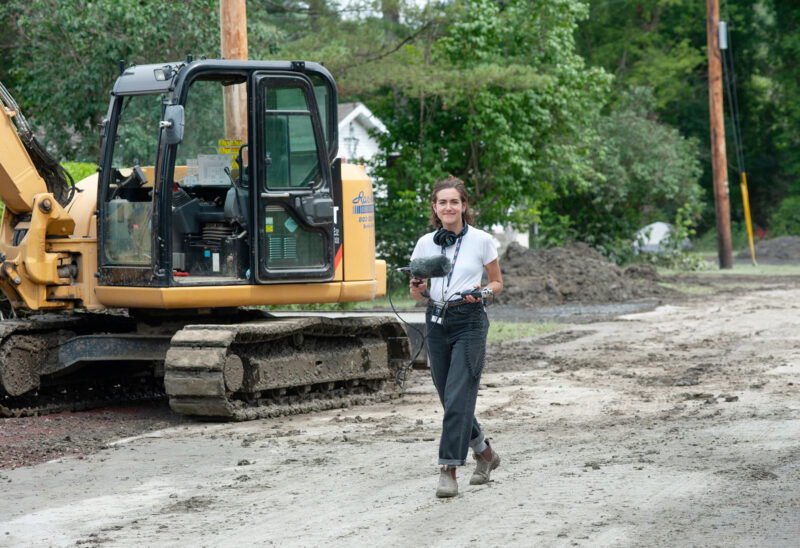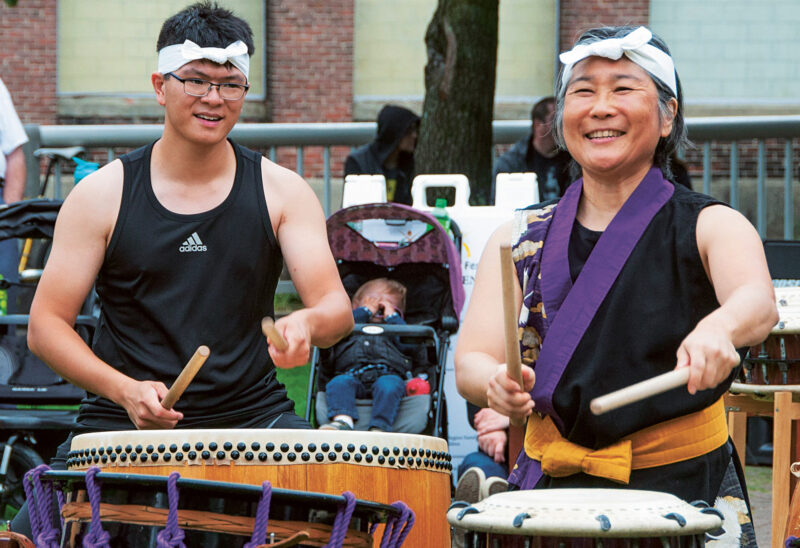Michelle had taken a full-time job as a pastor in a rural community that had been battered by substance use and poverty. She was working on her Ph.D., serving on the board of a community health center and had refinanced the house to finish her degree. But she needed health insurance, and there was no way she could afford the $900/month COBRA payment through her old job. She started to worry about losing the family home if she incurred significant medical expenses.
When New Hampshire expanded its Medicaid program, she was covered.
“People didn’t realize it was helping people like me who did work full-time and did have families,” Michelle said.
Michelle’s husband, Darryl, has complex medical needs. He had been working as a roofer and survived a fall from a 40-foot height. He had fractured bones and nerve damage, underwent multiple surgeries and had what Michelle described as “suicidal levels of pain.”
His experience is, by now, sadly familiar: Prescribed opioids led to a substance use disorder. With expanded Medicaid, Darryl could get treatment — and is in recovery.
New Hampshire first expanded its Medicaid program in 2014. The initial push for expansion was in response to the state’s opioid epidemic, so people could get treatment for substance use disorders. The Foundation supported advocacy by nonprofits including New Futures and NAMI New Hampshire that was instrumental in securing that victory.
The effect was broader than expected. Some 219,000 people have gotten health care coverage via Medicaid. One in four births in New Hampshire is now covered by Medicaid. And the state’s uninsured rate has dropped by more than 40 percent. The program is covered almost entirely by federal funds. In 2023, the Legislature extended the program through 2030 — but has not yet made it permanent.
Michelle is still a pastor — and she is also CEO of a family resource center that operates a network of community recovery centers. Darryl can work again, part-time, as his pain levels allow. Both now have insurance through Michelle’s work.
“I firmly believe Darryl would not be here if we had not had the expanded Medicaid,” Michelle said. “I don’t know what would have happened to our family.”

